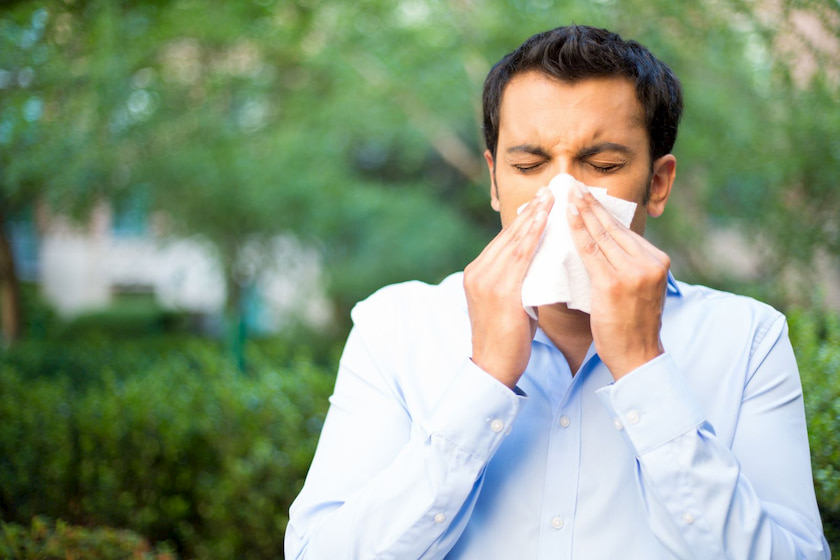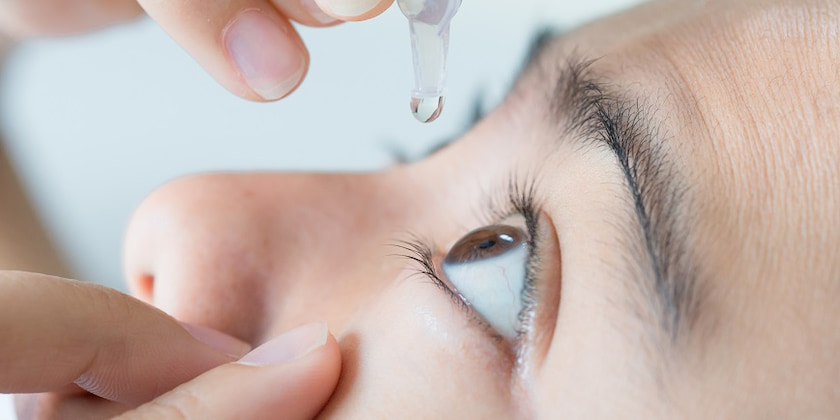
Allergy Medications – Get the Right Products & Find Relief from Symptoms
Allergies can happen to anyone, even if the person never had issues before. And while there is no actual cure for allergies, the right medication can help you ease your symptoms and live a normal life.
Medical drugs for allergy come in various forms such as pills, inhalers, liquids, nasal sprays, eye drops, skin creams and injections. Some of these options are available over the counter, while others come prescribed by your doctor. You can find them in your local pharmacy or conveniently order them online. However, if you plan to buy medicine online, you should always consult with your doctor and make sure that the pharmacy is reliable and offers genuine and safe products.
But whether you purchase medications from a reliable online pharmacy or from a local one, it’s helpful to be aware of all the different products out there that can offer allergy relief.
Contents
Oral Antihistamines
Oral antihistamines are easily available over-the-counter but also you can get a prescription by your doctor. For instance, if you have itchy eyes, runny nose, swelling, hives or other allergy symptoms, suitable pills and liquids can ease all these symptoms successfully.

Source: Medicalnewstoday.com
Your immune system cells, also known as “mast cells” release a substance called histamine that attaches to receptors in your blood vessels, which leads to their enlargement. When you are exposed to an allergen like pollen, for example, your immune system releases histamine. Histamine binds to other receptors which lead to swelling, itching, redness and change in secretions.
Antihistamines block the release of histamine when exposed to an allergen. And by preventing histamine from being released, you are preventing the onset of symptoms.
Always read the product’s leaflet because some of these medications can make you sleepy and drowsy so you might need to avoid driving or other activities. Some antihistamines may cause drowsiness, like for instance the following ones:
- Diphenhydramine
- Chlorpheniramine
These antihistamines will not cause drowsiness:
- Cetirizine (Zyrtec, Zyrtec Allergy)
- Desloratadine (Clarinex)
- Fexofenadine (Allegra, Allegra Allergy)
- Levocetirizine (Xyzal, Xyzal Allergy)
- Loratadine (Alavert, Claritin)
- Antihistamine Nasal Sprays
There are also antihistamine nasal sprays if your allergy symptoms are localised to your nose. They help stop a runny nose, sneezing, sinus congestion and postnasal drip. You should be aware that there are side effects of nasal drops such as bitter taste, tiredness or drowsiness. Antihistamine nasal sprays include:
- Azelastine (Astelin, Astepro)
- Olopatadine (Patanase)
- Eyedrops
Antihistamine Eye Drops
Allergy eye drops are easily available over-the-counter or by prescription. This medicine helps treat swollen, red and itchy eyes and may be a combination of antihistamines and other medicines. When buying online medicine of this type, make sure you get more information about side effects which can cause dry eyes and headache. If antihistamine drops sting or burn, keep them in the refrigerator (you can also use refrigerated artificial-tear drops before you use your antihistamine eyedrops).

Source: Feelgoodcontacts.com
Oral Decongestants
Oral decongestants are used to relieve nasal and sinus congestion that often come with fever (allergic rhinitis). Many decongestants are available over-the-counter. Numerous oral allergy medicines are a combination of a decongestant and an antihistamine (Cetirizine and pseudoephedrine, Desloratadine and pseudoephedrine, Fexofenadine and pseudoephedrine, etc.)
Decongestant Nasal Sprays and Drops
When you need to relieve nasal and sinus congestion, you should go for nasal sprays or drops. But, this type of medication is used only for a short time. Constant use for more than three days may lead to worse congestion. Nasal sprays should relieve sneezing and runny nose but with extended use, you may get side effects like nasal irritation, nosebleeds and bitter taste.
If you can’t stand the feeling of liquid going down your throat or the bitter taste of sprays, you should go for aerosol formulas like Ciclesonide or Beclomethasone.

Source: Woodlandhillspharmacy.com
Inhalers
Sometimes allergies can trigger an asthma attack. People prone to allergies and which have asthma rely on inhalers. Inhaled corticosteroids prevent complicated reactions to allergens. Potential side effects are almost non-existent but can include mouth and throat irritation or oral yeast infection.
Skin Creams
Of course, allergies aren’t solely confined to the respiratory system. Many people experience skin reactions when exposed to certain allergens. In this case, corticosteroid creams are used to reactions that manifest in the form of itching, redness or scaling. If you are looking for low-potency corticosteroid creams, you can find them without prescription, but still, talk to your doctor if you use the drugs for more than several weeks. Side effects may cause irritation or skin discolouration and long-term use can thin the skin and raise hormonal levels.

Source: Sebamedusa.com
Leukotriene Inhibitors
This is a prescription medication that works on blocking leukotrienes, which are symptom-causing chemicals. When taken orally, a leukotriene inhibitor will relieve allergy signs and symptoms such as runny nose, nasal congestion, and sneezing. Some people reported anxiety, strange dreams or trouble sleeping, suicidal thinking and depression as side effects of this medicine.
Other Things to Consider
Before you buy medicine (not only for allergies) make sure you consult with your doctor. They will tell you what medication is the best for your condition. Sometimes over-the-counter drugs can cause negative effects and might not even treat your issues. Keep track of the symptoms and tell your doctor how you feel. They will know the best what to prescribe you. Allergies can be annoying and sometimes you will have to go through trial and error to find what works best for you.
In the end, if over-the-counter or prescribed medicine is not working for you, your doctor can always suggest immunotherapy. When getting immunotherapy, you will gradually get increased exposure to allergens, mainly the most unavoidable like moulds, dust mites and pollens. This way you will slowly train your body’s immune system to stop reacting to these allergens. Immunotherapy is used when other treatments don’t provide any effect or the patient can’t tolerate them. Some patients get immunotherapy to reduce asthma symptoms.
Sometimes it takes a longer time to treat the allergies (months or even years). What is important is that you maintain a healthy lifestyle, take your medicine at the right time and always follow your doctor’s or pharmacist’s advice.


No Comments